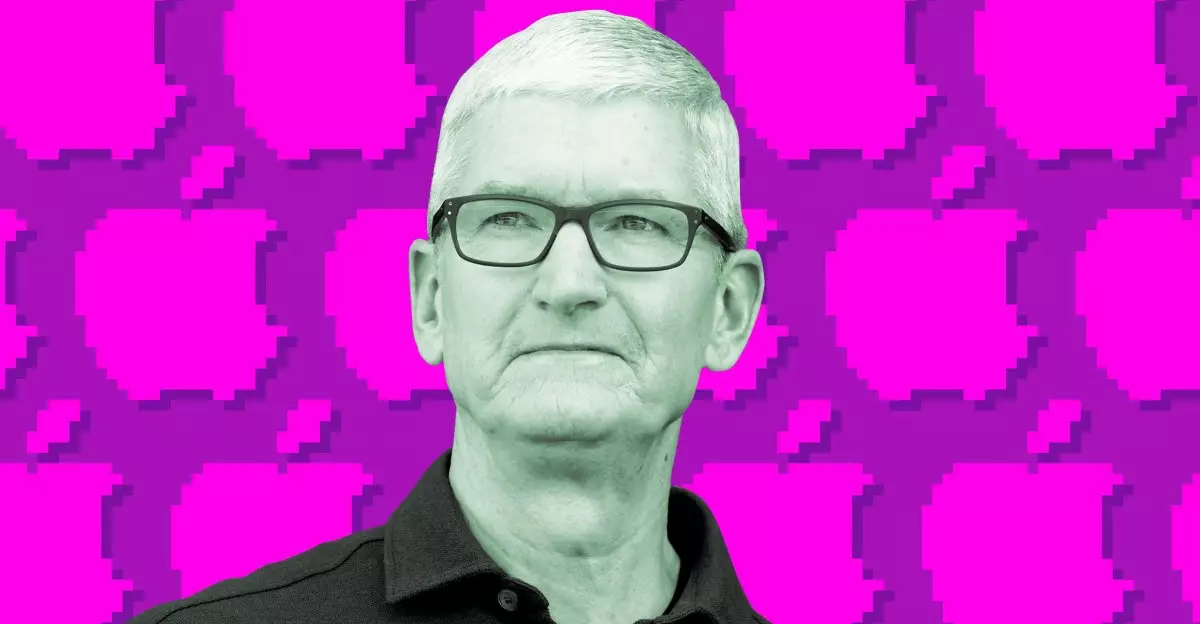For decades, Apple has cultivated a reputation as an innovator that reshapes markets—introducing revolutionary products, setting design standards, and generally staying ahead of the technological curve. However, its recent approach to artificial intelligence reveals cracks in this image. While CEO Tim Cook’s upbeat rhetoric about AI being as transformative as the internet or smartphones is inspiring, it masks underlying anxieties about Apple’s actual readiness in this frontier. The company, historically cautious and deliberate, now faces pressure to leap forward amid a climate of rushed advancements and fierce competition. It’s easy to overlook that Apple’s slower integration of AI features and recent stumble with Siri’s upgrade suggest a company still grappling with how to balance innovation with quality control.
From Hesitation to Ambition: The Reality of Apple’s AI Strategy
During a rare all-hands meeting, Cook’s emphasis on AI’s potential as “big or bigger” than previous technological revolutions reveals an underlying determination. Yet, behind the rhetoric lies a palpable sense of urgency. Apple’s characteristic preference for perfection has slowed its AI rollout—delays and missteps in Siri illustrate how difficult it is to perfect these nascent technologies while maintaining user trust. The shift from a hybrid architecture to a unified one shows deliberate learning from past mistakes, but it also highlights how even a tech giant like Apple finds itself reactive rather than proactive. The company’s reluctance to be first in new categories—be it personal computers or smartphones—has historically been strategic; but in AI, hesitation could translate into irrelevance if competitors surge ahead.
The Talent Tug-of-War and Competitive Landscape
One of the more subtle yet significant issues is Apple’s struggle to retain top AI talent. In a landscape where Meta is aggressively hiring AI experts, Apple risks falling behind if it cannot maintain its creative and technical edge. The departure of AI specialists hints at a cultural disconnect—perhaps a misalignment between Apple’s perfectionist ethos and the fast-paced, experimental nature of AI innovation. Unlike Meta or Google, which aggressively push the boundaries with bold, sometimes riskier initiatives, Apple’s cautious approach may hinder its ability to create disruptive, state-of-the-art AI systems.
Concluding Perspective: Is Apple’s AI Promise Genuine or Overhyped?
Apple’s leadership espouses grand visions and underscores its dedication to leading the AI revolution. But lofty words must be measured against tangible progress. If history is any guide, Apple’s strength has always been its ability to refine and perfect rather than to be first. Yet, in an era where AI can redefine global industries overnight, this conservatism could become a liability. The world awaits Apple’s next move with cautious optimism—will they truly accelerate their AI efforts and showcase a new wave of innovation, or will they remain content with incremental improvements? Only time will tell, but skepticism is justified when big promises are made without commensurate urgency.

